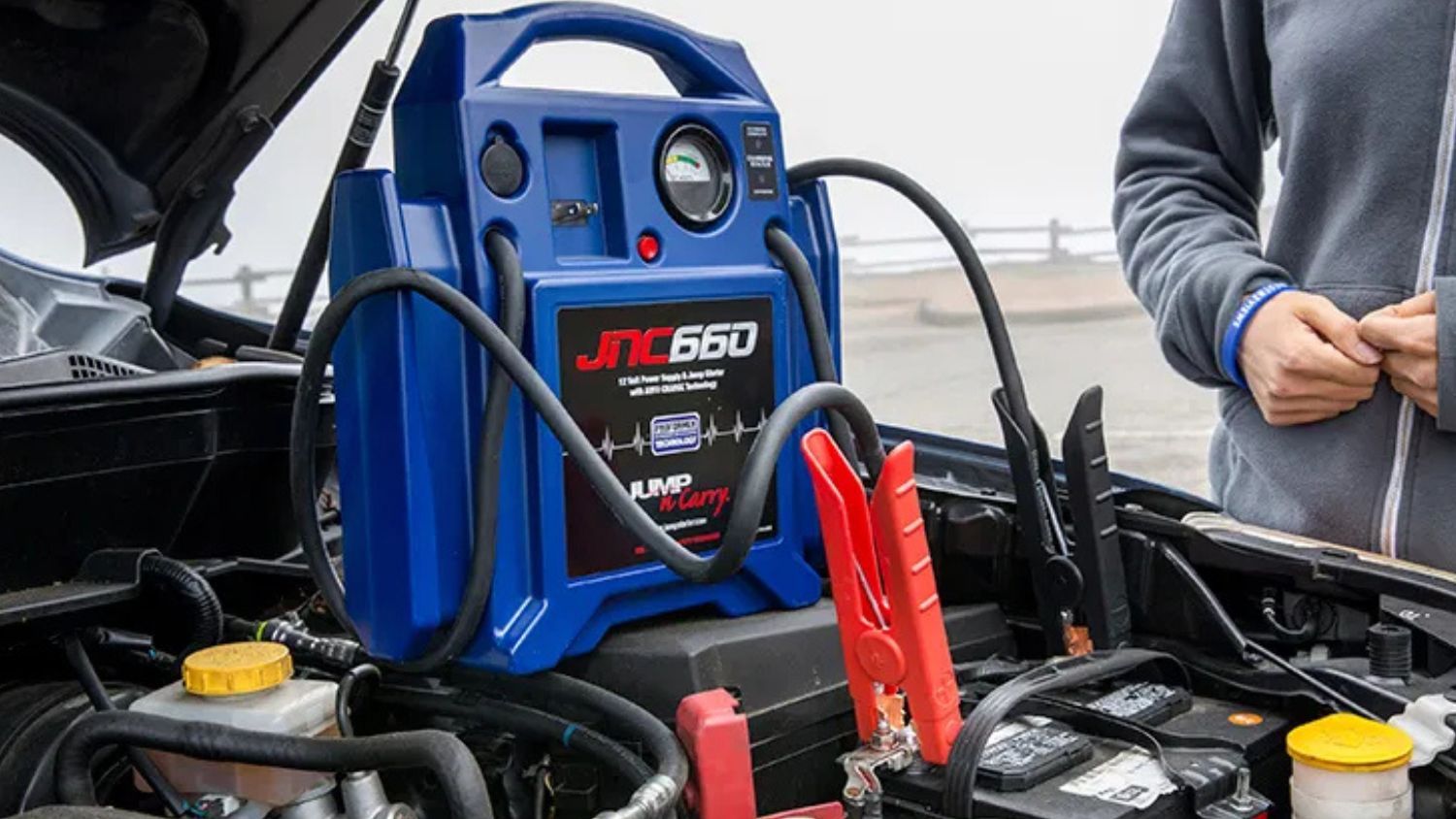GRAND RAPIDS, Mich. (WOOD) — Today is Election Day, and it’s expected to be a busy day at polling places across Michigan.
Local clerks throughout the state have been working hard to make sure the process goes smoothly. Even so, there’s always a chance that something could go wrong — a tabulator could malfunction, or a polling place could run out of ballots.
News 8 spoke with county clerks about some common Election Day problems and how they would be solved. The bottom line: Clerks will make sure that you get to vote, no matter what issues may arise.
“Don’t leave the precinct until you’ve voted, because there are protections in place,” Ottawa County Clerk Justin Roebuck said. “We will ensure that you have the ability to cast your vote and make your voice heard, no matter what.”
Table of contents:
- What if the tabulator breaks?
- What if my polling place runs out of ballots?
- What if my polling place has the wrong ballots?
- What if I use a Sharpie to mark my ballot and the ink bleeds through?
- What if people are campaigning too close to the polling place?
- What if it’s 8 p.m. and I still haven’t voted?
- What if I don’t have an ID?
- What if someone has a medical emergency at a polling place?
- What if I discover I’m not registered to vote on Election Day?
- What if I have concerns about someone’s behavior or potential fraud?
WHAT IF THE TABULATOR BREAKS?
“Certainly, tabulators are pieces of machinery. That can absolutely happen where we have some sort of a mechanical malfunction,” Roebuck told News 8. “They’re thoroughly tested before Election Day, but it’s certainly a reality that something could happen.”
In that scenario, Allegan County Clerk Bob Genetski said his office would work to replace or fix the tabulator.
“We would drive one of the spare tabulators that we have from the county seat out to the township or city hall where the tabulator had gone down,” Genetski said. “If it appeared to be a maintenance problem that could be fixed, we would contact our vendor. And they’ve got teams that are actually deployed throughout the area, so they would be able to pop in and fix that.”
In the meantime, because we vote on paper ballots — which Roebuck described as “the ultimate receipt” for voters — there’s a simple solution.
“If (the tabulator) is down, there is what we call the auxiliary bin, where voters can actually just place their fully voted ballot,” Roebuck said. “It’s essentially a secure bin that’s attached to the tabulator. So the tabulator sits on top of a bin where all the ballots go. And there’s a separate compartment within that bin that is sealed up, and that is where any voted ballots would go in the event that the tabulator was not able to count them.”
Later, once the tabulator was working again, the ballots in the auxiliary bin would be counted by a bipartisan team.
“There’s always a Republican and a Democratic election inspector whose job it would be to reinsert those into a tabulator once the tabulator was working,” Roebuck said.
WHAT IF MY POLLING PLACE RUNS OUT OF BALLOTS?
It’s not a likely scenario, both Genetski and Roebuck told News 8.
“An ounce of prevention goes a long way. And we’ve got local clerks who are encouraged to order 100% of their registered voter list,” Genetski said. “Now, we’ve never had 100% turnout in any jurisdiction, but if you’re ordering 100% of the ballots, you could technically accommodate 100% of the voters.”
Still, it’s theoretically possible that a polling place could run out of ballots. Many newly registered voters could show up to vote in person, or many people who were issued absentee ballots could decide to spoil those ballots and vote in person instead.
“There’s a number of scenarios that sometimes can result in fewer ballots than voters being available to a precinct, but the best strategy for that is always, always, always to plan ahead,” Roebuck said.
He explained that Ottawa County and certain other Michigan counties have the ability to print more ballots themselves.
“If we realize we’re getting to a point where ballots are low and we’re still at a point on Election Day where we anticipate additional voters, the county will actually print essentially emergency stock of ballots and deliver them to the precinct,” he said.
In Allegan County, Genetski told News 8 that if a local clerk noticed that ballots were running low early in the day, the county could contact its ballot vendor — which is in Michigan — and “turn around a new set of ballots very quickly.”
He said people could also use the voter assist terminal.
“The voter assist terminal is a disability-accessible device for those voters who might not be able to grip a Sharpie marker or a pen to fill in a ballot, or who might have a visual disability and might need that ballot read to them,” Genetski explained. “…That prints a ballot on just a standard 8.5×11 sheet of paper, so that could be used without having any extra ballots hanging around.”
Roebuck said Ottawa County could also use an on-demand ballot printing device or, in the worst-case scenario, photocopy a blank ballot and let the voter use that. A photocopied ballot would later have to be duplicated and then tabulated.
“The bottom line is we would always, always, always ensure that the voter is able to cast a vote,” Roebuck said. “Even if it comes to extraordinary measures.”
WHAT IF MY POLLING PLACE HAS THE WRONG BALLOTS?
Again, county clerks say this shouldn’t happen.
“All of our election inspectors are trained to inspect the ballots the morning of the election, before Election Day in fact starts, to make sure the appropriate ballots have been delivered to the appropriate place,” Genetski said. “So ideally, that’s discovered well before the polls even open.”
Roebuck told News 8 that a mistake like this would be caught immediately, because each voting machine is programmed for a specific precinct.
“So in other words, if you’re in Precinct 1 and somehow, accidentally, Precinct 2 ballots were delivered to the polling location, we’re going to know that with the first voter that walks through the door,” he said. “Because that tabulator will not process that ballot.”
In this scenario, the county clerk would be able to correct the mistake and distribute the correct ballots.
WHAT IF I USE A SHARPIE TO MARK MY BALLOT AND THE INK BLEEDS THROUGH?
This isn’t a problem at all, according to Roebuck. If the Sharpie bleeds through the paper, your choices won’t be affected.
“The target area (scanned by the tabulator) is not in the same place on the front page as it is on the back page (of the ballot),” he said. “So if you’re experiencing bleed-through, it’s not going to affect any votes, because the target area on the other side of the ballot is in a different spot.”
In fact, he said, Sharpie is considered the best method for marking a ballot.
“Because that ink is going to dry almost instantaneously,” he explained. “And if you are scanning that ballot through a tabulator, there’s going to be no residue from the ink that remains on the scanner.”
Roebuck said that if pencil or slow-drying ink is used, some ink could transfer to the scanner.
“Over time, over multiple hundreds of ballots being cast, that can actually cause the scanner to malfunction and essentially would have to be cleaned and could delay the voting process,” he said.
WHAT IF PEOPLE ARE CAMPAIGNING TOO CLOSE TO THE POLLING PLACE?
“Anyone has the right, the ability to campaign at a polling location, hold a yard sign, pass out flyers, sell Girl Scout cookies, whatever they would like to do, as long as they are 100 feet away from the door to the building,” Roebuck said. “So it has to be 100 feet away from the entrance or exit — any entrance or exit to the building itself.”
If you’re concerned that someone is campaigning too close to the building, you should report that to the election workers inside.
“The clerk or the chairperson of the election inspectors would then go out and address that individual, encourage them to get back,” Genetski said. “Most of those interactions are polite, respectful, and we’ve just got some enthusiastic candidates that need some polite reminders.”
Roebuck added that voters can also call their local clerks if they’re concerned. And if there’s any threat to safety, they should call the police.
WHAT IF IT’S 8 P.M. AND I STILL HAVEN’T VOTED?
If you are in line at the correct polling place by 8 p.m. on Election Day, you will be able to vote.
But if you try to get in line after 8 p.m., or if you are in line at 8 p.m. at the wrong polling place, you will be out of luck.
“Michigan law prevents us from keeping the polls open past 8 p.m. unless we have a court order to do so. And that’s a really rare situation,” Roebuck said. “If you are in line at 8 p.m., you’re totally fine, but you would have to be in line at the polling location where you need to cast a ballot.”
You can find your polling place at michigan.gov/vote.
WHAT IF I DON’T HAVE AN ID?
You’re asked to bring a photo ID, like a driver’s license, to the polling place on Election Day. But if you don’t have one, there’s another option.
Here’s how it works, according to Genetski. When you — or any voter — enter your polling place, you will fill out an application to vote, which includes your name and address. Workers will check this information against the registered voter information that’s recorded in the poll book and make sure they match.
At this point, if you don’t have a photo ID, you’ll be able to sign an affidavit explaining that you don’t have one, and the election inspector will sign as the witness. Then you will be able to cast your ballot, Genetski told News 8.
A very small percentage of Michigan voters use this option. In the November 2020 election, about 11,400 of nearly 5.6 million voters signed an affidavit rather than showing photo ID.
Lying on the affidavit is perjury, which can be punished by up to five years in prison, a fine up to $1,000 or both.
WHAT IF SOMEONE HAS A MEDICAL EMERGENCY AT A POLLING PLACE?
Genetski said in a previous Allegan County election, someone had a heart attack at a polling place.
The person was given medical attention, 911 was called and the person was taken to the hospital, he said.
While that was happening, Genetski said voters were kept outside “very briefly,” so they couldn’t enter the polling place for a short time.
“But it opened back up, I would say within the hour, and voters were able to continue processing their ballots,” he said. “I believe in that case, the city manager even met people at the door, and if they were unable to vote during that time frame, he took their names and called them and let them know when the precinct was going to reopen again.”
WHAT IF I DISCOVER I’M NOT REGISTERED TO VOTE ON ELECTION DAY?
Michigan offers same-day voter registration, including on Election Day, so you’re not out of luck. But if you need to register to vote on Election Day, you’ll have to visit your local clerk’s office to do so.
“Make sure to bring current Michigan driver’s license or valid ID to make that process go a little quicker,” Genetski advised. “And then, in that case, the clerk will register you right there.”
After you’re registered, you’ll have two options to vote.
“You then have the option of either casting an absentee ballot with the local clerk, or taking a registration receipt that she or he will give to you,” Genetski said. “And you can bring that (receipt) into the precinct and then cast an in-precinct ballot like any other voter.”
Roebuck recommended that you check your voter registration ahead of time by visiting michigan.gov/vote. You can also find a sample ballot there.
“That’ll just help everything go more smoothly on Election Day,” Roebuck said.
WHAT IF I HAVE CONCERNS ABOUT SOMEONE’S BEHAVIOR OR POTENTIAL FRAUD?
You can report any concerns you have to election inspectors at the polling place, your local clerk and your county clerk. If there’s any threat of violence, you should call the police.
In addition, the U.S. Attorney’s Office for the Western District of Michigan recently announced a hotline that can be used to report voting rights concerns, threats of violence to election workers or election fraud.
The local hotline is 616.808.2140, and hotline staff can also be reached through the district’s website. Complaints can also be made directly to the Justice Department’s Civil Rights Division online or at 800.253.3931.









